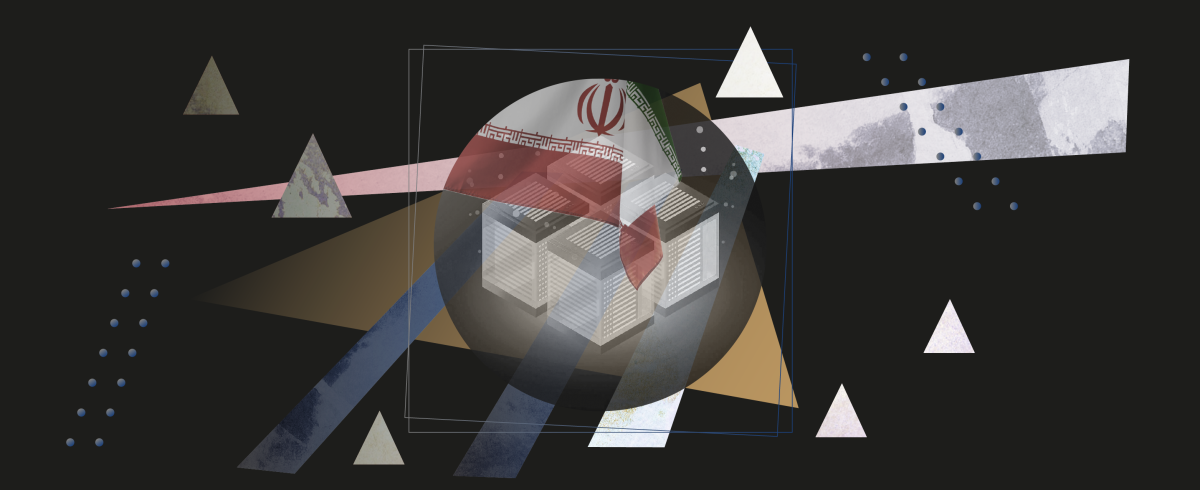Fines for illegal mining will rise in Iran

The Iranian government plans to increase fines for illegal mining of cryptocurrencies using subsidized electricity. This is reported by Tehran Times, referring to a representative of the energy department.
On this page
The rules being developed will include an increase in fines by 3-5 times, as well as the annulment of an entrepreneurial license and imprisonment for repeated violations of the law.
The official emphasized that subsidized electricity is intended exclusively for use by the population, industrial enterprises, agriculture and commercial subscribers. It is strictly forbidden to use it for the purpose of mining. As a result of violations by miners, the quality of electricity supply in the national network is significantly reduced and the risk of damage to home appliances increases.
In 2019, due to the extremely low cost of electricity, Iran decided to make the mining of digital currencies an industrial activity, and already at the beginning of 2020, the Ministry of Industry and Trade issued over 1,000 licenses for mining equipment. However, the number of miners who illegally used subsidized electricity soon began to increase. The disruptions have led to serious problems in the electric power industry, which is also forced to cope with drought due to reduced rainfall.
Cryptocurrency miners received their first official warning in the spring of 2021. Then Mohammad Khodadadi Bohlouli announced large fines that await violators in case of detection of illegal activities, and the need to compensate for the damage caused to the power grid.
The content on The Coinomist is for informational purposes only and should not be interpreted as financial advice. While we strive to provide accurate and up-to-date information, we do not guarantee the accuracy, completeness, or reliability of any content. Neither we accept liability for any errors or omissions in the information provided or for any financial losses incurred as a result of relying on this information. Actions based on this content are at your own risk. Always do your own research and consult a professional. See our Terms, Privacy Policy, and Disclaimers for more details.

























